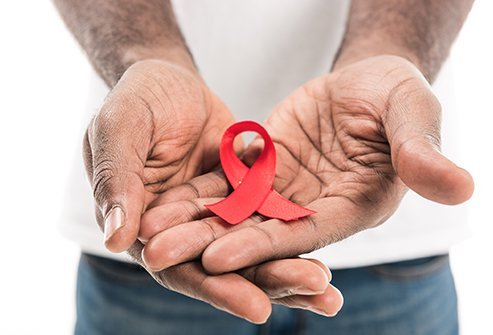Attorney General Paul Kihara has asked the High Court to dismiss a petition seeking to have the deliberate transmission of HIV/AIDS and other life-threatening sexually transmitted illnesses decriminalised.
This is after six persons living with HIV filed a petition before the court.
AG Kihara argued that the petition lacks merit since Section 26 of the Sexual Offences Act, is meant to curb the spread of the virus in the country.
"In examining the purpose, effect, historical background behind the enactment of the disputed law, and the intention of the legislature, we urge the court to take judicial notice of the fact that Kenya and in general Africa, continues to be ravaged by the scourge despite the scientific gains that have been made towards reducing the mortality rate,” the AG stated.

Read More
“By passing the disputed law the Legislature was not acting in a vacuum but responding to a situation in which the State needed to intervene," he added.
According to the law, any person who deliberately and intentionally infects another with HIV or any other life-threatening sexually transmitted disease is guilty of an offence, whether or not he or she is married to that other person, and shall be liable upon conviction to imprisonment for a term of not less than 15 years but which may be enhanced for life.
The law allows for the collection of blood, urine, saliva, among other samples from the interested parties until the conclusion of investigations.
Any person also caught frustrating or obstructing the process is guilty of an offence. In such a scenario, guilty persons are liable to a term of not less than five years or to a fine of at least Ksh50,000.
The petitioners argued that the law creates criminal sanctions and thus subverts the freedom from discrimination for persons living with HIV.
“Criminal sanctions are not of any use in the reduction of transmission of HIV and are wholly inappropriate where a person does not know he or she is HIV positive or does not understand how HIV is transmitted. Laws such as Section 26 of the Sexual Offences Act merely increases stigma and discrimination of people living with HIV and makes it less likely that they will pursue health affirming behaviour,” state the petitioners.
The petitioners further argued that the law prevents people living with HIV from starting families. They said the law is being used to harm persons living with HIV.
“Section 26 fails to consider the scientific gains made in the fight against HIV, where there are treatments that suppress the viral load of an infected person to the extent of rendering the chances of transmission to be extremely low or all together nonexistent,” they argue.
AG Kihara argued that the law does not prohibit persons living with HIV from starting families, rather, prevent the deliberate transmission of the virus.
He further stated that the law does not demand the affected persons to disclose their HIV status to their partners, rather prevent the deliberate transmission of the disease.
He states that the law was enacted to protect the vulnerable population of young girls and women.
“A declaration of unconstitutionality of the impugned law will undermine public health goals and create a legal vacuum in enforcement of laws protecting persons from deliberate HIV transmission. In light of such legal vacuum, the general public and more particularly the vulnerable population stands to suffer irreparable loss,” says the AG.
“We humbly call on this court to breathe life into Section 26 of the Sexual Offences Act and not to stifle the intention of the law maker.”






